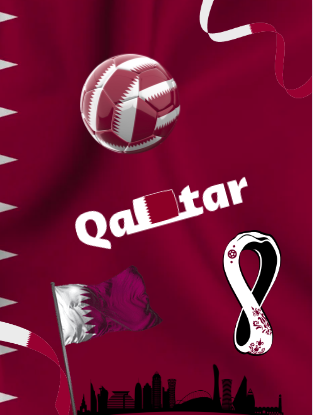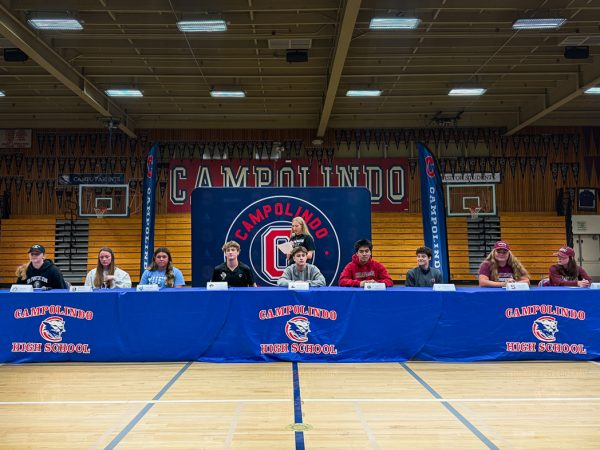Controversy Plagues 2022 Doha World Cup

The Doha World Cup will be taking place in Qatar, and is the center of controversy.
FIFA made an unprecedented decision to hold the 2022 FIFA World Cup during the winter in Doha, Qatar.. Typically the world cup takes place in the summertime; however, safety concerns regarding the scorching heat that plagues Qatar made it necessary to hold the competition during a cooler time.
This drastic change to the World Cup impacts not only the players, but also the 5 billion viewers who are expected to watch the event. Because the World Cup pulls far more viewership than any other single-sport event, the magnitude of these changes can’t be underestimated.
The decision to play the World Cup during the winter will be a detriment to the performance of teams in their respective domestic leagues. Typically, the World Cup occurs during the summer months, when teams are not participating in club competitions and domestic leagues.
This World Cup begins on November 20, interrupting every club team’s season. These teams already have a brutal schedule with weekly match fixtures that inevitably exhaust players. With the addition of the World Cup amid a packed season, it will be a miracle if we don’t see a significant spike in injuries toward the end of the domestic season.
Having the World Cup in the wintertime also alienates student viewership, as our intense school schedule directly interferes with our ability to watch matches. This will make it impossible for young soccer fans to get the same watching experience that is possible during summertime competition.
In addition to the impact on players and fans, it has been found that migrant workers have been exploited in the process of building the Khalifa stadium, one of the seven stadiums built forWorld Cup competition.
Workers have been forced to endure disastrous conditions such as ruthlessly expensive recruitment fees, horrendous living conditions, lies about salary, inability to switch occupations, and intimidation from project managers. Such sentiments about treatment comparable to human trafficking are echoed by Deepak, a metalworker on the Khalifa Stadium, who said, “My life here is like a prison. The manager said: ‘If you want to stay in Qatar, be quiet and keep working.’”
Former soccer player and sophomore Maxson Cook agrees with the sentiment that Qatar’s management is blatantly ignoring its workers’ well-being, saying, “they have turned a blind eye to gross human rights abuses just to make a little extra money.” This is probably because Qatar allegedly offered the organization 880 million dollars to outbid competing countries.
Further ethical concerns are raised due to the illegality of homosexuality in Qatar. Outcry escalated when FIFA President Sepp Blatter suggested that gay fans suspend their sexual activity while attending the World Cup. Because the platform of this competition is so great, advocating for equality for the LGBT community should not be ignored.
The World Cup will always be exciting and remain a great spectacle for soccer fans. Hopefully, the gremlin that is the various abuses associated with the Qatari venue won’t overshadow the excitement and spirit of the competition.
Your donation will support the student journalists of Campolindo High School's The Claw. Your contribution will allow us to produce more issues and cover our annual website hosting costs.

Senior Sophia Lohman loves to sing and act. Musical theatre is one of her favorite things, and it provides an outlet for her creativity and voice to be...


